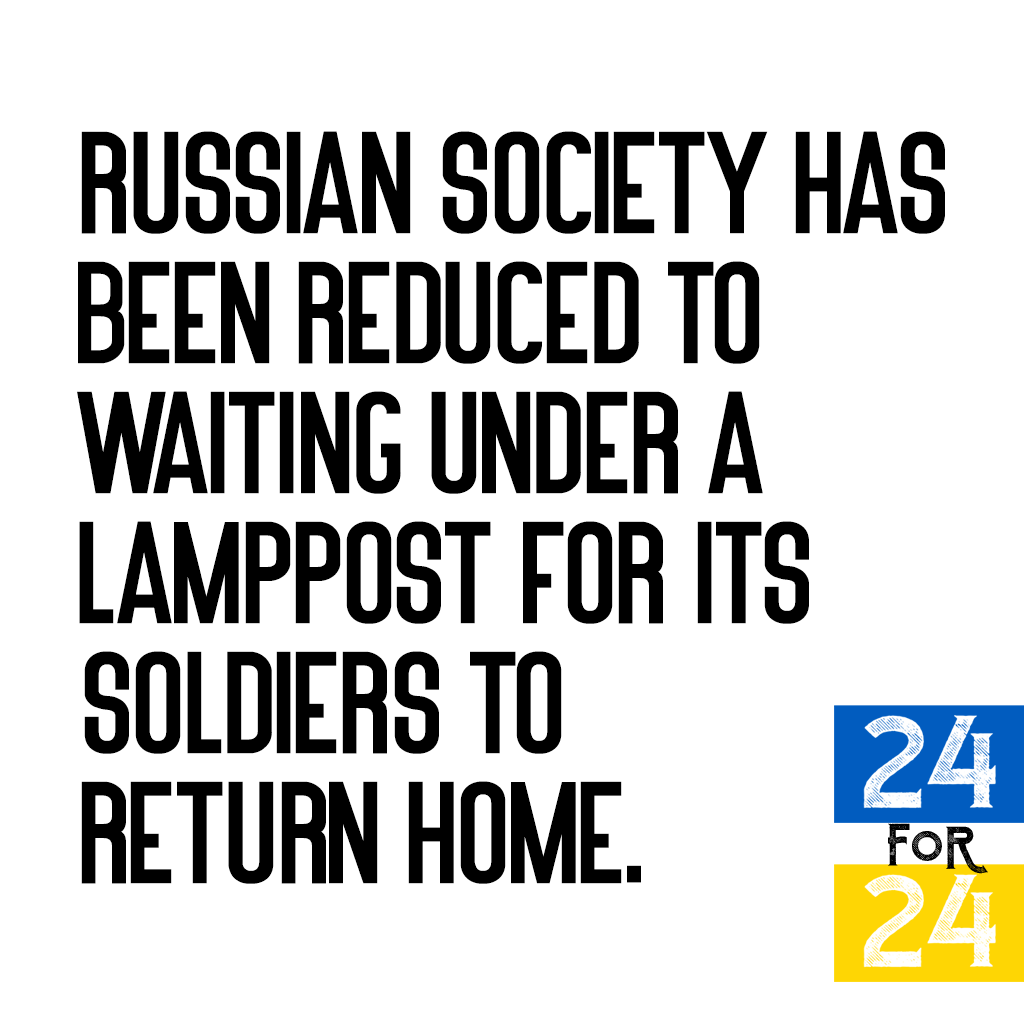Тварь я дрожащая или право имею?
This Russian expression is used to convey when someone finally decides to do something they’ve been frightened to do for a long time.
Today, we use it to describe and celebrate those who left behind a regime that left them behind long ago without burning the bridges that allow their messages to continue to reach Russian ears.
Some of them left long before Putin told soldiers’ mothers that “Death in the trenches is better than death from vodka,” laying the groundwork for others to follow. Like Mikhail Khodorkovsky who supported various media and civil society projects inside Russia before the government shut them down and prosecuted their leaders.
Or like Sergey Lagodinsky, who took the path of self-exile in 1993 and since the invasion has been leading an effort to help Russian political emigrants obtain humanitarian visas throughout the European Union
Some of them left faster than planned, like Ekaterina Schulmann, a political scientist whose truths about the war earned her a designation as a “foreign agent”. “After February 24th, it became self-evident that our old life was over. It was like the end of the world in real time,” Schulmann said of her decision to leave Russia with her three young children. Leaving did not silence her, as her YouTube continues to reach more than 1 million subscribers, most of whom are in Russia.
Some of them left to save their children from military conscription, like Polina, a 35-year old internet technology specialist who feels frustrated at how disjointed the individual opposition efforts appear. “We do not have a united opposition, we have no leaders, we don’t understand what we should do,” Polina laments.
And so today’s #24for24 is an exhortation of the exiles to keep building bridges to something new, even when it’s not perfectly clear what shape that takes. One thing is for certain, it won’t take the shape of a war on an innocent nation.
